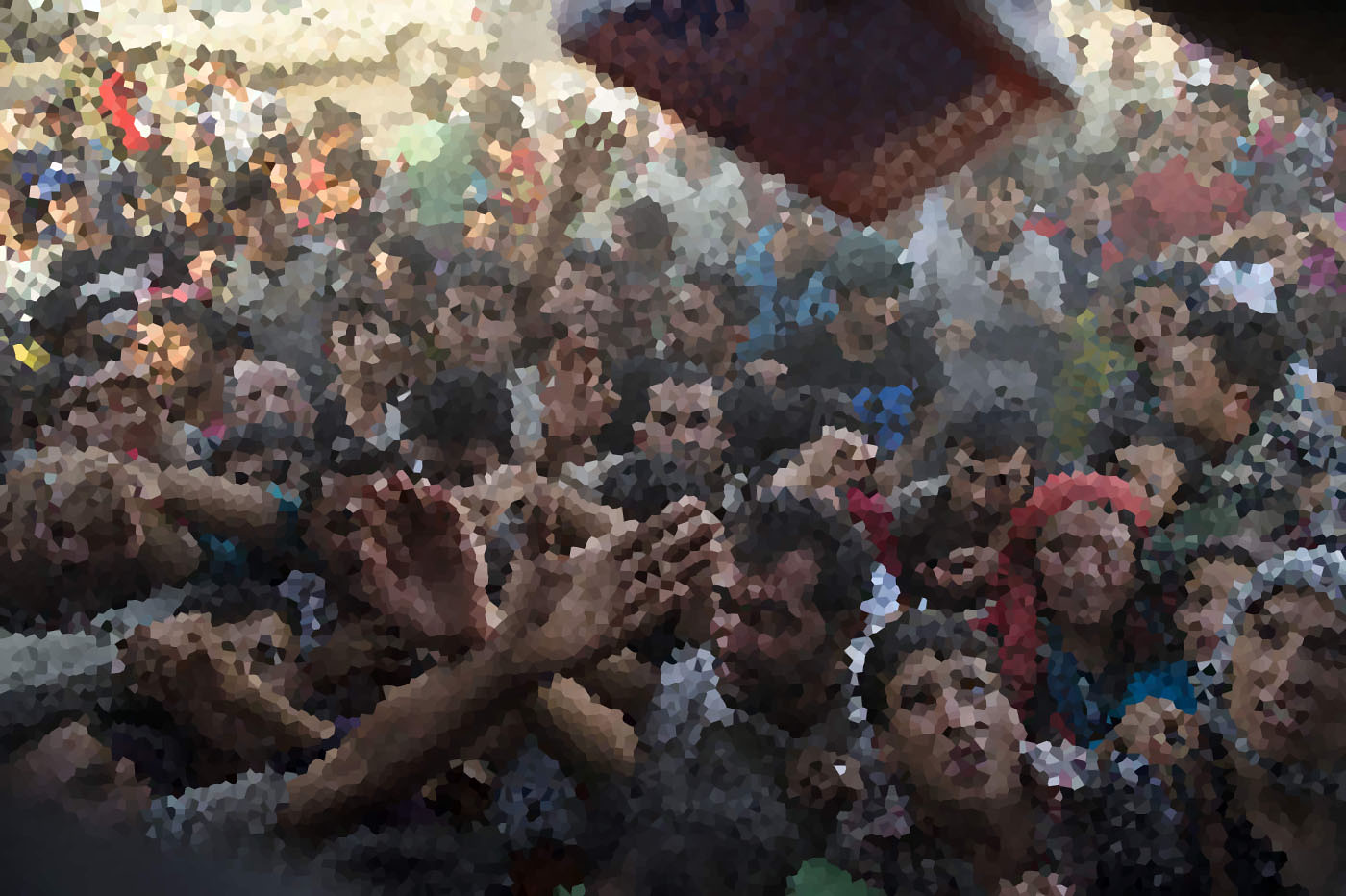Hope for Iraq: A Reflection on Our Current COVID-19 State
by Secilia Salem at University of California, Riverside School of Medicine
We live in times of uncertainty.We are no longer confident in when we can return to our normal lives, how long this quarantine will last and how much of this we can really take. Even pillars in our society, like our health care system, seem to cower in the face of our  present pandemic. Times like these are destined to shape our future, as we will one day look back and recall the effects that social isolation had on our appreciation of the relationships we have built. We look forward to being around groups of friends again and living with no fear.
present pandemic. Times like these are destined to shape our future, as we will one day look back and recall the effects that social isolation had on our appreciation of the relationships we have built. We look forward to being around groups of friends again and living with no fear.
But imagine a life of constant uncertainty.
A life lived in constant fear.
A life of constant quarantine.
Halfway across the world in Baghdad, Iraq, 2.7 million Iraqis are currently internally displaced, with an additional 2 million refugees displaced in neighboring countries like Syria and Jordan. From 1993-2003, the Saddam Hussein regime reduced public health expenditure by 90%, which resulted in a serious deterioration within the health care system. Salaries of medical personnel plummeted and medical equipment became obsolete. Prior to 1990, mortality trends indicated an epidemiological transition from infectious diseases to chronic, degenerative disorders. However, the country now suffers from a double burden of disease, with an increase in the incidence of communicable illnesses within the last 14 years.
In 2019, which was considered a year of peace in Iraq, only 2.5% of the national budget was left to health care, leaving the health care system unable to recover from the destruction of the American invasion of Iraq from 2003 to 2011. Rates of cancer have increased rapidly, with makeshift street oncology centers becoming more common. A lack of post-op care has forced Iraqis to seek care outside of Iraq and utilize black market medications.
This year, a new threat has emerged. Across the border in Iran, COVID-19 has killed scores of people and infected many more, including a deputy health minister, prompting the Iraqi government to close the frontier. Iraq reported its first cases in recent weeks, with 1,415 current case numbers, as of April 15, 2020.
Although the bleak nature of the health care system seems to dismantle any regards of hope, humanitarian organizations like Hope for Iraqi Christians have heeded to the call for help. The organization intends on raising greater awareness for the Iraqi health care crisis and generating funds to aid the most vulnerable individuals and families who are in need in Iraq. The organization is also dedicated to providing emergency medical services and supplies to persecuted and displaced Iraqis who are facing challenging health issues. Currently, seven health care clinics have been established in Northern Iraq, which provide standard daily maintenance medications as well as necessary surgical procedures.
During a conversation with Raya Al Loos, an Iraqi citizen and white-collar worker, she reflects on her experience as a displaced Iraqi within the broken health care system and sighs. She recalls the physicians as being some of the most compassionate and knowledgeable physicians she has sought treatment from. She also recalls their constant fear of persecution, lack of treatment options and lack of personal protective equipment due to government corruption.
In this time of quarantine, let us reflect on the parallel nature of our current state.
While you collect your food,
Isolate with your family,
Don masks and gloves,
Never again look down on those fleeing from famine and war.
